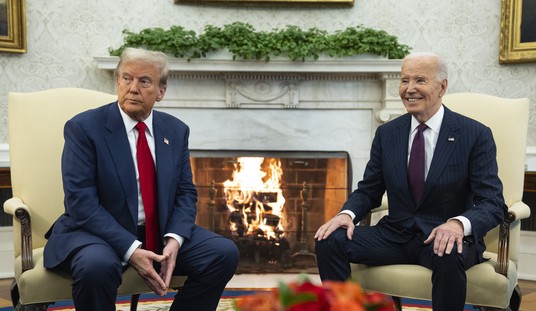The Trump administration’s first big decision on the fate of Obamacare will come in February. That’s when the administration will have to decide what to do about a lawsuit filed by House Republicans to stop cost-sharing payments being made to insurers.
The underlying issue is a program designed to lower costs, such as deductibles, for low-income enrollees. The insurers offer a discount and the Obama administration has been making payments to insurers to offset those costs. In 2014, the GOP House filed a lawsuit against the administration saying the law lacked any appropriation for the money being paid to insurers. The GOP won a victory this summer when a court agreed the House had standing to sue the administration.
The next step in the ongoing lawsuit was set to take place just a day before Trump is inaugurated, but Monday the House filed a request asking the court to delay further action in the case until late February. Assuming the judge agrees, that will give the Trump administration a chance to decide how it wants to proceed in the lawsuit. There’s almost no doubt the Trump administration will want to end the payments but there are a couple ways in which it could do that. Here’s how the AP framed the decision in a story published last week:
“The Trump administration could immediately turn off the tap for making cost-sharing payments,” said Mark Regan, legal director of the Disability Law Center of Alaska in Anchorage, and a defender of the law. “Turning the payments off would come close to destroying the market.”
Insurers could be stuck with massive losses because they would still have a legal obligation to cover patients’ out-of-pocket costs, but would get no reimbursement from the government.
Another approach might involve setting a deadline.
“What Trump should do is on Day 1 say, ‘We are not going to fight that lawsuit — those payments end at the end of calendar year 2017’,” said Michael Cannon, health policy director at the libertarian Cato Institute think tank. Cannon was one of the main proponents of an earlier legal challenge to the law’s premium subsidies in certain states. That case was decided by the Supreme Court in favor of the administration.
If the Trump administration were to stop making the payments it would almost certainly result in insurers losing big money in 2017 and would likely result in several more dropping out of the marketplace in 2018. Those remaining would be looking for larger premium increases to offset the loss of the payments so you would have both less competition and higher premiums for the 2nd year in a row. It would further undermine the market.
The other alternative, announcing payments will end in 2017 would be less tough on insurers and less likely to drive higher costs and drop outs next year. That might be a signal that the administration is looking for a more orderly transition to changes to the marketplace.
But as the AP story points out, it’s not clear how the Trump administration could side with the House GOP (saying the payments are being made without an appropriation) and continue making the payments for even the remainder of 2017. Would the Congress need to pass a temporary appropriation to keep the payments going? That certainly wouldn’t look very good politically for an administration that ran on repeal of the law. This might be one of those situations where, if you’re going to remove the band-aid, the best way is to do it quickly. In this case, that would mean standing up to insurers who will lose millions if payments are cut off abruptly.








Join the conversation as a VIP Member